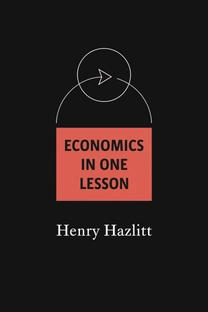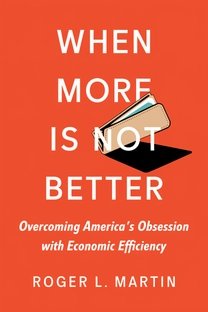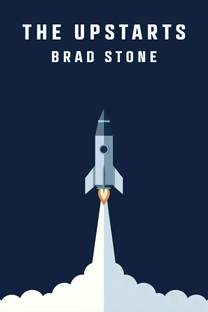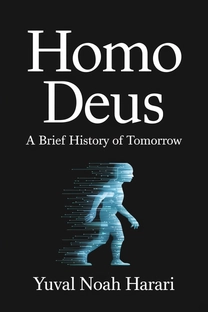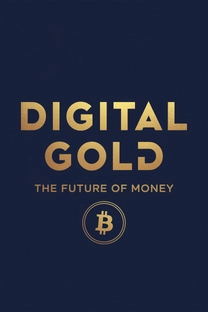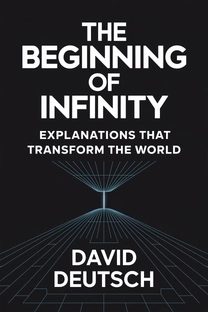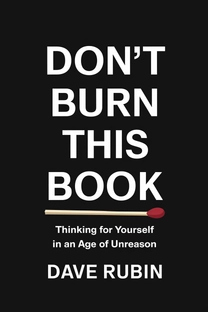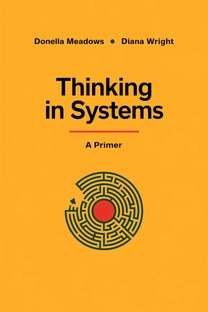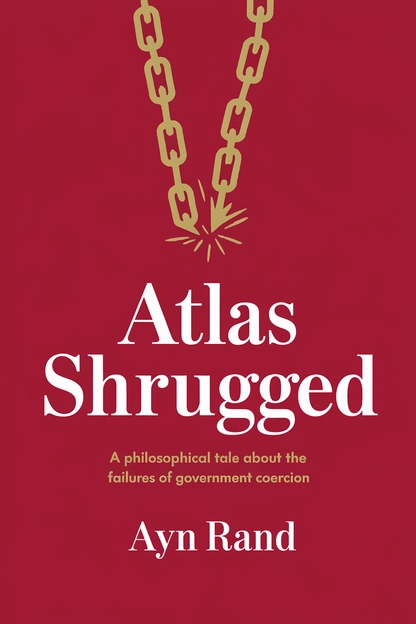
Atlas Shrugged
A Philosophical Tale About the Failures of Government Coercion
by Ayn Rand
Brief overview
This book follows a group of brilliant industrialists in a collapsing world that punishes success. As you read it, you’ll gain insight into the tension between productive achievement and the parasitic forces that thrive on unearned rewards. Expect to discover a story of intense struggle, where the freedom to create becomes a revolutionary stand against the demands of a morally failing society.
Introduction
Imagine a country on the verge of breakdown, where inventors and executives vanish without warning. The rails that once blazed with innovation flicker out, leaving an economy in chaos and citizens grappling for answers.
Into this turbulence steps an unsettling question: “Who is John Galt?” Nobody seems to know, yet this elusive figure symbolizes a deeper puzzle—why the greatest minds are disappearing and how a society built on their work can continue to function.
This opening section sets the stage for a conflict between those who create and those who control. The hush of uncertainty heightens the stakes, and the enduring riddle of Galt threads its way through the book’s every page.
The World in Crisis
Factories close, railways stall, and a sense of dread grips the population. Government directives sprawl in every direction, yet fail to reverse the tide of decay. Regulations multiply, strangling the very forces needed to revive the country.
People become suspicious of inventive genius; resentment replaces gratitude, and commerce teeters under burdensome rules. Against this backdrop, industrialists struggle to keep their businesses alive.
A new kind of social doctrine asserts that the individual must always serve the collective. The crisis exposes how such demands chip away at personal freedom and stifle true innovation.
What is Atlas Shrugged about?
Atlas Shrugged is a compelling narrative that examines the philosophical battle between productivity and parasitic collectivism in a crumbling world. The story follows a cadre of brilliant industrialists led by Dagny Taggart and Hank Rearden, who struggle against a backdrop of government overreach and societal decay. Their journey transcends into a pursuit of creative freedom and economic independence amidst enforced mediocrity. At its core, the novel challenges readers to ponder the inexorable link between individual rights and societal progress.
Set in a dystopian America, Atlas Shrugged delves into Ayn Rand's philosophy of Objectivism, boldly exploring themes of individual achievement, moral responsibility, and free-market enterprise. The novel paints a vivid picture of the tensions faced by entrepreneurs confronted by a world that punishes success and rewards incompetency, presenting an exhilarating tale of rebellion and innovation. As Rand's characters walk this tumultuous terrain, readers are prompted to examine the eventual impact of government intervention and altruism on the human spirit.
The novel's potent message exerts a magnetic pull on audiences, urging them to decipher the narrative's moral riddles and ethical conundrums. Atlas Shrugged's stirring contemplation of personal and social values renders it not just as a literary engagement but as a philosophical dialogue over individual sovereignty, self-reliance, and the societal constructs that shape modern civilization.
Review of Atlas Shrugged
Atlas Shrugged stands out as a beacon of provocative narrative and thought-provoking ideology, excelling in both plot depth and thematic complexity. Ayn Rand masterfully presents a story layered with characters' tenacity, navigating a society bent on punishing the very essence of human progress. The novel's most profound strength lies in its exploration of the relationship between industrious intellect and societal inertia. Through characters like Dagny Taggart and Hank Rearden, readers encounter the powerful clash between innovation and bureaucratic shackling, with their defiance evoking admiration and introspection.
The book is not merely an abstract exploration; it offers tangible and profound insights into the real-world implications of economic freedom, pushing readers to rethink assumptions about personal responsibility and societal duty. Rand's precise, articulate prose enriches the storytelling, rendering complex concepts accessible to diverse audiences. Despite its length and the density of its ideas, Atlas Shrugged remains engaging, seamlessly blending philosophical discourse with captivating narrative arcs.
While especially relevant for those intrigued by economic theories and political dynamics, the novel's emphasis on individualism and integrity offers wide appeal. Rand's alluring narrative style, and her courage to question accepted societal norms, makes Atlas Shrugged a recommendation for anyone yearning for intellectual stimulation and a fresh perspective on freedom and enterprise.
Who should read Atlas Shrugged?
- Entrepreneurs and Business Leaders: Individuals seeking inspiration and guidance in fostering innovation while navigating competitive landscapes will find the themes of economic autonomy and market limitations particularly valuable.
- Philosophy Enthusiasts: Those exploring philosophical concepts, particularly involving self-interest, moral responsibility, and the nature of freedom will find Rand’s Objectivism both enlightening and stimulating.
- Economists and Policy Makers: Professionals examining the impact of regulation and government intervention on economic growth can draw parallels to real-world situations and deepen their understanding of economic principles.
- Advocates of Individual Rights: Readers passionate about personal freedom and individual rights will appreciate the novel's rigorous advocacy for societal structures that prioritize personal agency and autonomy.
- Students and Educators in Literature and Politics: As a literary work intertwining social critique and narrative, the novel presents valuable content for academic exploration, fostering discourse on political philosophy and ethical dilemmas.
About the author
Book summaries like Atlas Shrugged
Why readers love Mindleap
10-Minute Book Insights
Get the core ideas from the world's best books in just 10 minutes of reading or listening.
Curated For You
Discover your next favorite book with personalized recommendations based on your interests.
AI Book ExpertNew
Chat with our AI to help find the best book for you and your goals.
Reviews of MindLeap
Love how I can get the key ideas from books in just 15 minutes! Perfect for my busy schedule and helps me decide which books to read in full.
Alex R.
The summaries are incredibly well-written and the audio feature is perfect for my commute. Such a time-saver!
Jessica M.
Great app for personal growth. The insights are clear and actionable, and I love how they capture the essence of each book.
Chris P.
The app is beautifully designed and the summaries are top-notch. Definitely worth every penny!
Sarah K.


